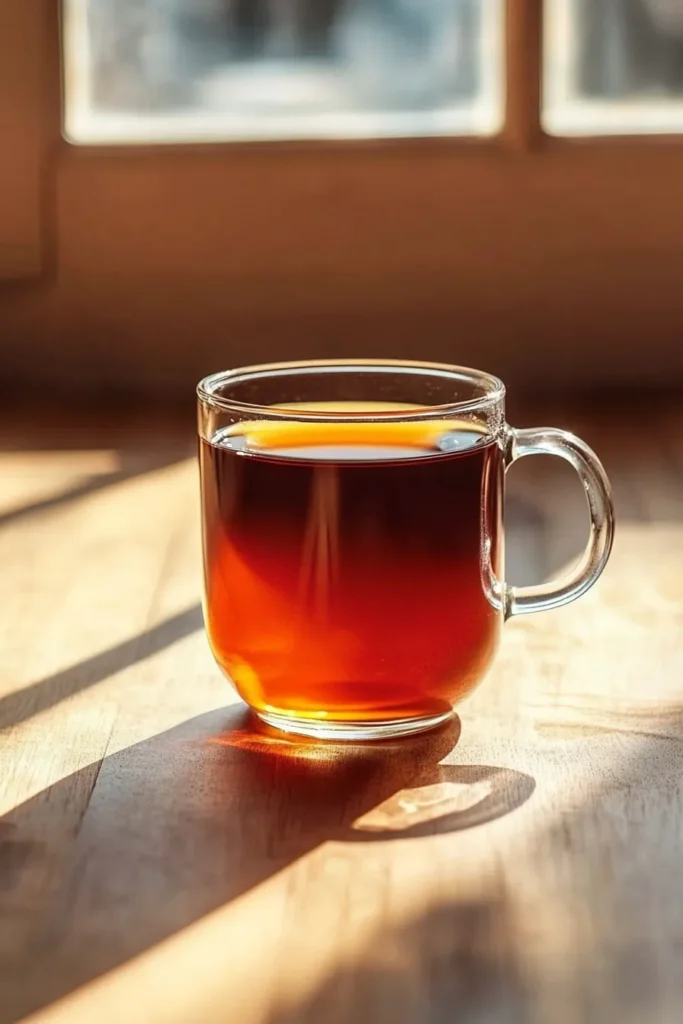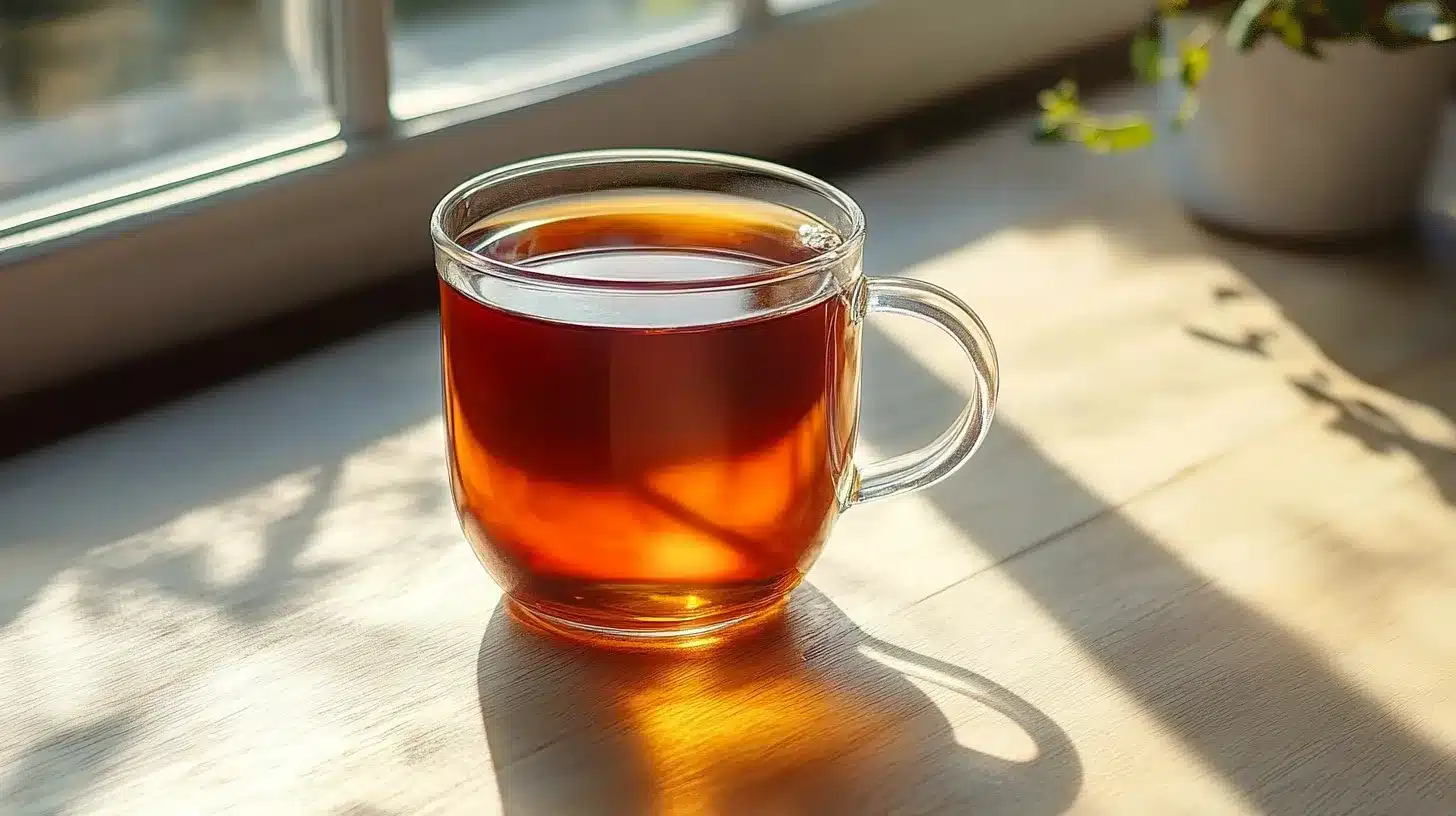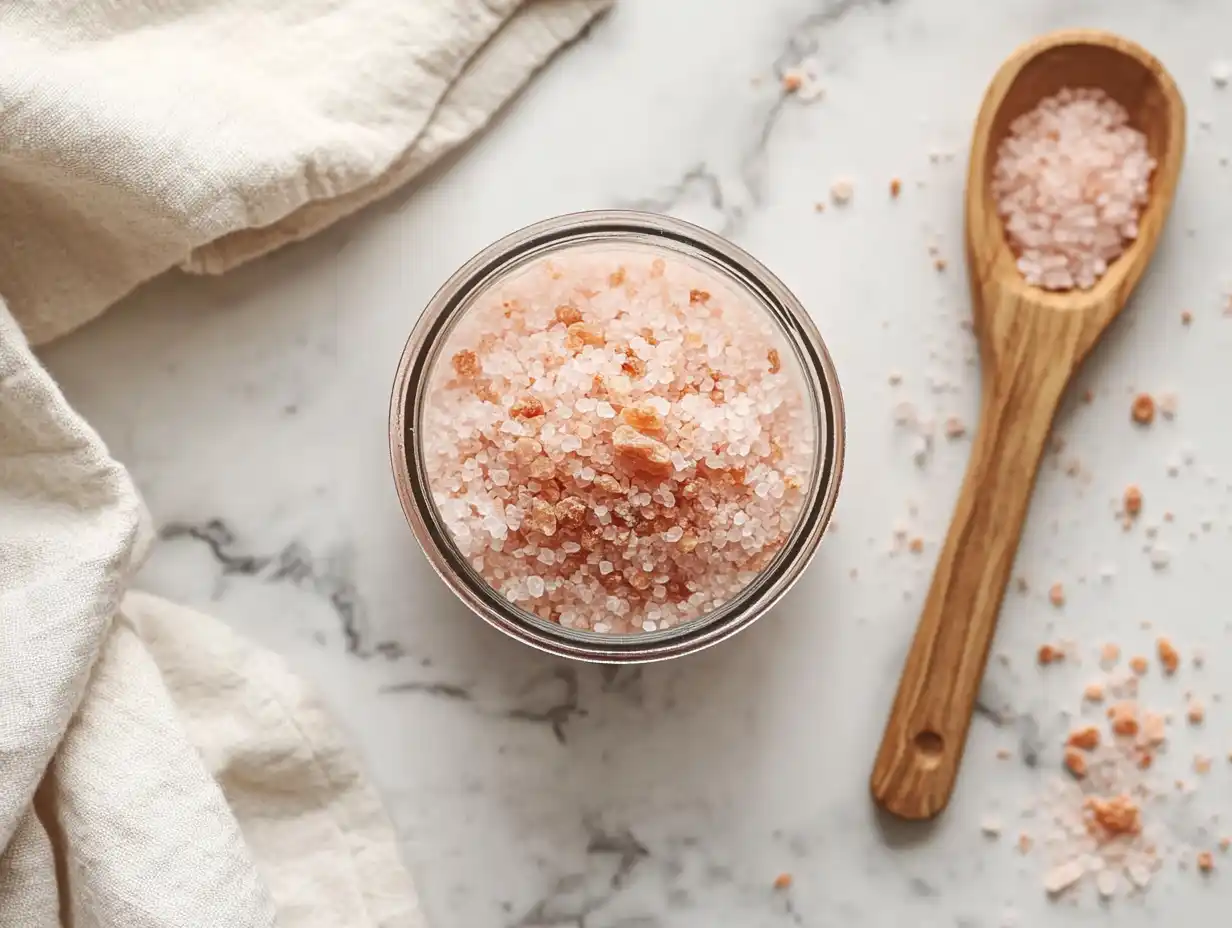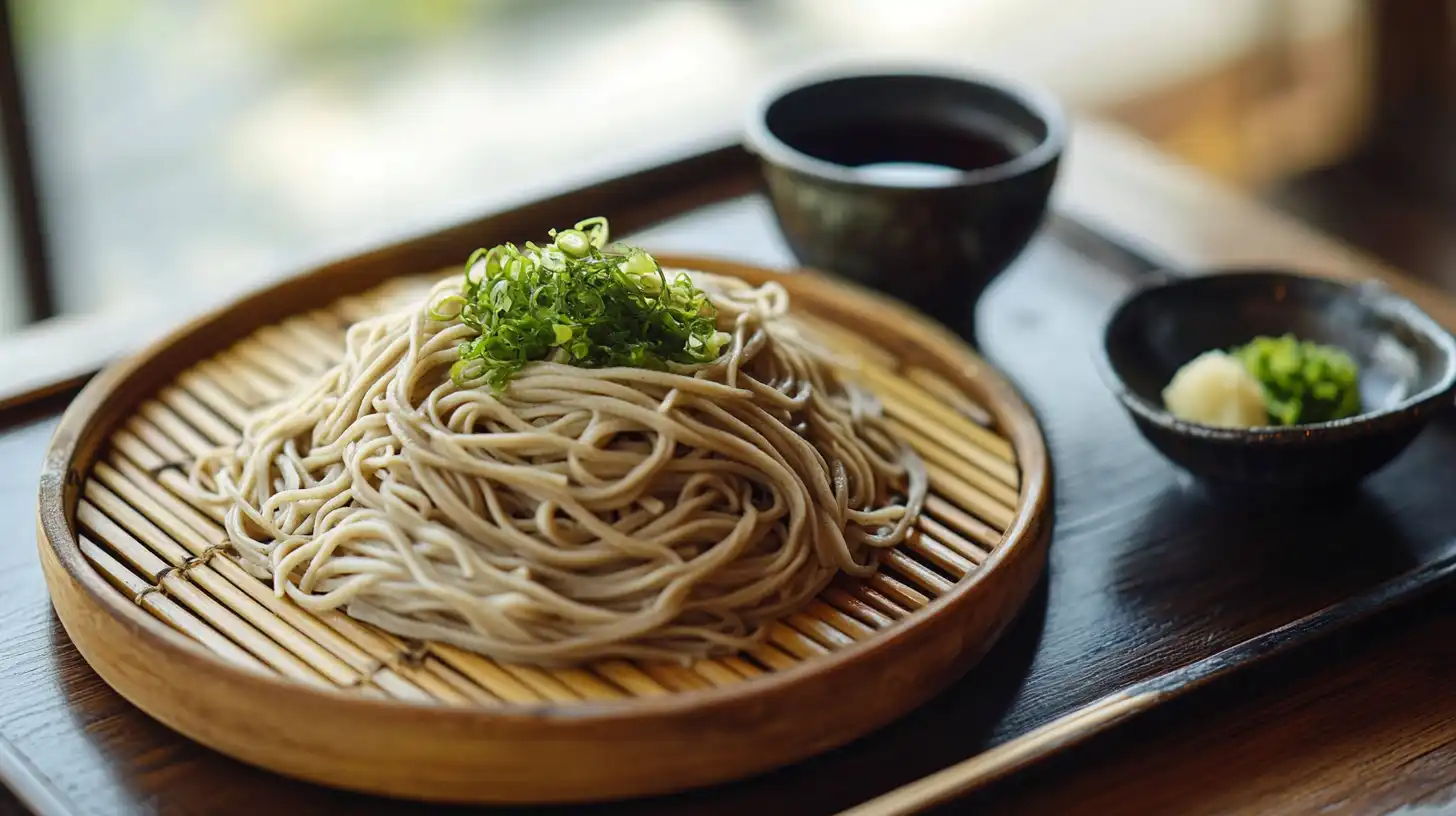If you’re anything like me, you know that mornings just aren’t the same without a warm cup of tea in hand. For me, that cup is almost always English breakfast tea — rich, robust, and oh-so-satisfying. But one question I often get asked is: Does English breakfast tea have caffeine?
The short answer is yes. But how much? And how does it compare to coffee or other teas? Let’s dive in, and I’ll share everything you need to know — plus some tips from my own kitchen experience for making your perfect cup.
What Is English Breakfast Tea?
English breakfast tea has been my go-to morning ritual for years. It’s a bold blend of black teas like Assam, Ceylon, and Kenyan varieties. The flavor is rich and full-bodied — perfect for pairing with breakfast (or that sneaky afternoon snack).
Some blends also include Orange Pekoe black tea, a high-grade leaf that adds a smooth, malty finish. Not only does it taste amazing, but Orange Pekoe tea is also packed with antioxidants that are great for your health.
How Much Caffeine Does English Breakfast Tea Have?
So, how much caffeine does English breakfast tea have? On average, an 8-ounce cup contains 30-60 mg of caffeine. For comparison:
| Beverage | Caffeine Content (per 8 oz) |
|---|---|
| English Breakfast Tea | 30-60 mg |
| Coffee | 95-200 mg |
| Green Tea | 25-45 mg |
| Decaf English Breakfast | Less than 5 mg |
Factors Affecting Caffeine Content
From my experience brewing countless pots of tea, I’ve learned a few tricks that can affect caffeine levels:
- Type of Tea Leaves: Assam tea generally has more caffeine than other black tea varieties.
- Brewing Time: The longer you steep it, the stronger (and more caffeinated) it gets.
- Water Temperature: Hotter water draws out more caffeine.
- Loose Leaf vs. Tea Bags: Loose-leaf tea tends to have slightly more caffeine.
If you’re sensitive to caffeine but still want that breakfast tea flavor, I recommend brewing for 1-2 minutes instead of the usual 3-5. Works like a charm!

Health Benefits of English Breakfast Tea
Aside from its caffeine kick, English breakfast tea has a bunch of fantastic health benefits:
- Energy Boost Without the Crash: I love how English breakfast tea gives me that perfect lift without the jitters I sometimes get from coffee.
- Packed with Antioxidants: It’s rich in polyphenols, which help fight free radicals and support immune health.
- Digestive Support: I often recommend this tea to friends who struggle with bloating or digestion issues — it really helps!
- Heart Health: Some studies suggest that black tea may help improve blood circulation and cholesterol levels.
Pro Tip: Adding milk to your tea can slow caffeine absorption, giving you a steadier energy boost.
How to Control Caffeine in English Breakfast Tea
Here’s what I do when I want to enjoy my favorite tea without going overboard on caffeine:
- Brew for Less Time: Steep for 1-2 minutes instead of 3-5.
- Use Cooler Water: Brewing at 180°F extracts less caffeine.
- Go for Decaf: Decaf English breakfast tea still has that bold flavor without the buzz.
- Blend with Herbal Teas: Mixing black tea with chamomile or mint is a great way to mellow out the caffeine.
FAQs
1. How much caffeine is in an English breakfast tea?
On average, English breakfast tea contains 30-60 mg of caffeine per cup.
2. How much caffeine in English breakfast tea compared to coffee?
English breakfast tea typically has about half the caffeine of coffee.
3. What has more caffeine, English breakfast tea or Earl Grey?
While both are black teas, English breakfast tea usually has slightly more caffeine than Earl Grey.
4. Which tea has no caffeine?
If you’re avoiding caffeine altogether, try herbal teas like chamomile, peppermint, or rooibos — they’re naturally caffeine-free.
5. What teas have the highest caffeine?
Matcha, Yerba Mate, and Pu-erh tea pack some serious caffeine, sometimes rivaling coffee.
6. Is breakfast tea black tea?
Absolutely! Both English breakfast tea and Irish breakfast tea are classic black tea blends.
7. Irish breakfast tea vs English breakfast tea: What’s the difference?
Irish breakfast tea has a stronger, maltier flavor (thanks to a higher Assam content), while English breakfast tea is smoother and more balanced.
8. What is a Royal English Breakfast Tea Latte?
It’s a creamy, cozy drink made with English breakfast tea, steamed milk, and sweetener. If you haven’t tried one yet — you should!
Conclusion
So yes, English breakfast tea does have caffeine — but in just the right amount for a balanced energy boost. Whether I’m starting my morning or enjoying a cozy afternoon break, English breakfast tea is always my go-to for a flavorful and refreshing pick-me-up.
So tell me — how do you take your English breakfast tea? Straight and bold, or mellowed out with a splash of milk? Either way, here’s to your perfect cup!




